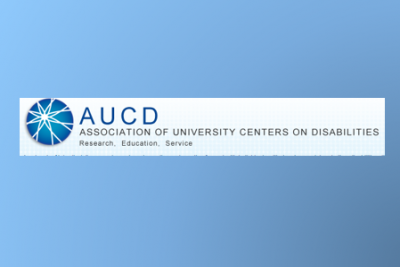University Centers of Excellence in Developmental Disabilities (UCEDDs) and Leadership Education in Neurodevelopmental and Related Disabilities (LEND) programs
Parent centers already refer families to UCEDDs and LEND programs or otherwise have relationships with them, serving on advisory boards and collaborating on partnerships. Here are three reasons for specifically informing military families about these programs and suggestions for outreach:
Continue reading “Two Nationwide Resources to share with Military Families”

